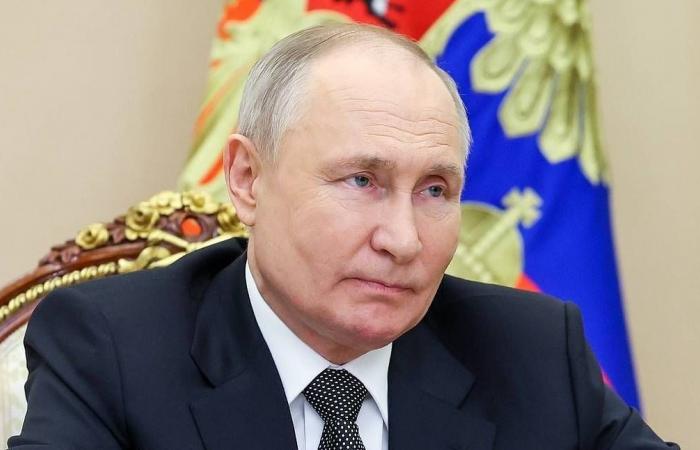The recent attack that resulted in the greatest loss of civilian life in Russia since 2004 has reignited the debate over the death penalty in the country. The Kremlin, in turn, announced that it will not participate in discussions revolving around the possible end of the moratorium on this controversial practice. This positioning suggests a complexity in the political and social dynamics of contemporary Russia.
On Friday, a devastating attack targeted the Crocus City Hall concert hall, near Moscow, leaving at least 137 dead and 182 injured. The attack not only shocked the nation with its brutality, but also because it was the deadliest in almost two decades, harking back to the tragic Beslan school siege in 2004.
An attack that revives the ghost of the past and questions the future
The government’s immediate response included the arrest of four suspects, with indications that at least one of them has Tajik nationality. The Islamic State group claimed responsibility for the attack, which sheds light on the continued threat of international terrorism.
The Kremlin and the Death Penalty: A Persistent Taboo
The Kremlin’s stance on the death penalty debate is particularly notable. Russia, where the death penalty is still legal, has lived under a moratorium on executions since 1996, a policy initiated by President Boris Yeltsin and reaffirmed by the Constitutional Court in 1999. The possibility of resuming executions, however, resurfaces in times of crisis or national commotion, facing, however, the government’s silence or refusal to participate in these discussions.
The voices of Parliament and the popular outcry
The attack prompted political figures such as Vladimir Vasiliev and Dmitry Medvedev to speak out publicly on the issue. Vasiliev stresses the need for a thorough and professional approach to evaluating the death penalty, while Medvedev, more directly, suggests that death is the appropriate fate for the guilty. This contrast reflects the diversity of opinions within Russia’s own sphere of power, in direct confrontation with the Kremlin’s official stance.
Amid these discussions, Russian society finds itself in a moment of reflection and uncertainty. The resumption of the death penalty raises questions about justice, morality and the search for security in an era marked by global terrorism. As the debate unfolds, the Russian government remains cautious about its involvement, signaling the complexity and sensitivity of the issue in a country still marked by the scars of the past.






